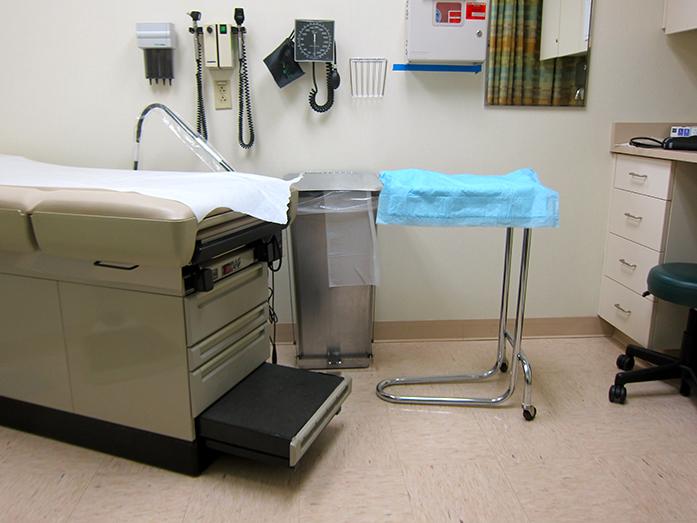By Matthew Jack
Breast cancer affects hundreds of thousands of Americans each year, and it accounted for 20 percent of tumors in women in 2012.
Because of medical understanding of the disease has greatly improved over the last decade, prognoses have improved and treatments have become more effective, but the most serious form — Stage IV — remains incurable.
Surgical treatment for Stage IV patients has declined since the 1990s, due to a greater understanding of the systemic nature of the disease — that at later stages it is no longer localized to the breast and can be present in many systems throughout the body.
Oncologists feared that when the cancer metastasized to other parts of the body, surgical procedures would stress the patient’s immune system more than it would help to keep the cancer at bay.
However, patient-survival data collected over the last decade through the National Cancer Institute’s Surveillance, Epidemiology, and End Results program may suggest otherwise, according to a study led by UI Clinical Professor of internal medicine Alexandra Thomas.
The paper, co-written by Mary Schroeder, a UI assistant professor of pharmacy, analyzed more than 20,000 patient outcomes from 1988 to 2011 and found that for those diagnosed before 2002, 9.6 percent of patients who underwent surgery survived at least a decade past their diagnosis, as opposed to just 2.9 percent of those who had not.
“We want to understand why [these patients] are doing so well so we can get that group to grow bigger,” Thomas said. “We’re saying maybe we need to revisit this.”
However, the observational nature of this study — with no control over how the data were collected and on what subjects — means the results it suggested are not conclusive but suggest a need for further research with a randomized clinical study.
“It’s really important to understand this is one piece of the conversation,” Thomas said.
Lisa Newman, the director of the Breast Care Center for the University of Michigan who was invited to provide a commentary on the UI study, addressed one such disparity.
African-American women have a lower lifetime incidence of breast cancer than white women but have a disproportionately high prevalence of Stage IV cancer, and they are 30 percent less likely to undergo surgery.
“This treatment imbalance raises questions regarding selection of patients that are triaged toward more aggressive care,” Newman said. “One can infer from [this study] that inequalities in treatment offered to African-American women may contribute to their disproportionately high breast cancer mortality risk.”
“I think this highlights the need to better understand these disparities,” Schroeder said.
More controlled studies, such as one being conducted by the Eastern Clinical Oncology Group that has just finished accruing subjects, will be able to answer the questions that the UI study presents.
“There is a place for observational studies, but this is not the final say; randomized control trials are the gold standard,” Schroeder said. “We’re definitely not saying everyone should get surgery.”
Thomas said she believes as technology and treatments continue to improve, there will be hope for recovery even for patients with Stage IV cancer within her practicing lifetime.
“That’s why this article is important,” she said. “We start to move the conversation forward on how can we think about women with Stage IV disease moving on and living meaningful lives without cancer being part of it.”



